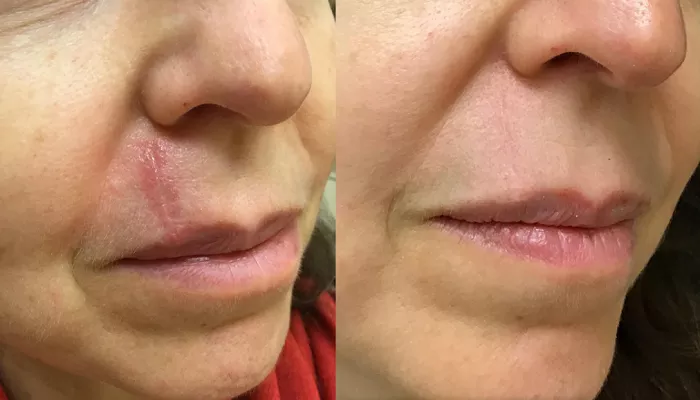Scar revision is a medical or cosmetic procedure aimed at improving the appearance of scars, restoring function, or reducing discomfort. Many patients wonder, “Is scar revision covered by insurance?” The answer depends on several factors, including the type of scar, the reason for the procedure, and your insurance policy. In this detailed guide, we’ll explore the ins and outs of insurance coverage for scar revision, helping you make informed decisions.
What Is Scar Revision?
Scar revision refers to treatments designed to minimize scars so they blend in better with the surrounding skin. Techniques include:
1. Surgical Scar Revision
This involves removing the scar and repositioning it to heal more discreetly.
2. Laser Therapy
Lasers can smooth, flatten, or fade scars by stimulating collagen production.
3. Dermal Fillers
Injectable fillers can raise depressed scars to match the skin’s surface.
4. Steroid Injections
Used for keloid or hypertrophic scars to reduce thickness and redness.
When Is Scar Revision Medically Necessary?
Insurance companies typically cover scar revision if it’s deemed medically necessary. Here are some scenarios where coverage is more likely:
1. Functional Impairment
If a scar restricts movement (e.g., near a joint), insurance may cover revision.
2. Pain or Discomfort
Scars causing chronic pain, itching, or infections may qualify.
3. Post-Traumatic or Surgical Scars
Reconstructive surgery after accidents or burns is often covered.
When Is Scar Revision Considered Cosmetic?
If scar revision is performed purely for aesthetic reasons, insurance usually does not cover it. Examples include:
1. Acne Scars
Unless they cause significant physical issues, acne scars are typically considered cosmetic.
2. Old, Faded Scars
Scars that don’t impair function are rarely covered.
3. Minor Scarring
Small scars that don’t affect health or mobility are usually excluded.
How to Determine If Your Insurance Covers Scar Revision
To find out if your procedure is covered, follow these steps:
1. Review Your Insurance Policy
Check for terms like “reconstructive surgery” or “scar management.”
2. Consult Your Doctor
A physician can document medical necessity, improving approval chances.
3. Pre-Authorization
Some insurers require pre-approval before covering scar revision.
4. Appeal if Denied
If your claim is rejected, you can appeal with additional medical evidence.
Alternative Financing Options for Scar Revision
If insurance doesn’t cover your scar revision, consider:
1. Payment Plans
Many clinics offer flexible financing options.
2. Medical Credit Cards
Specialized credit cards like CareCredit can help cover costs.
3. Health Savings Accounts (HSAs)
Use pre-tax funds for eligible medical expenses.
Conclusion
Whether scar revision is covered by insurance depends on medical necessity, policy terms, and proper documentation. Always verify with your provider and explore alternative options if needed. By understanding these factors, you can make the best decision for your skin health and budget.
Related topics:


